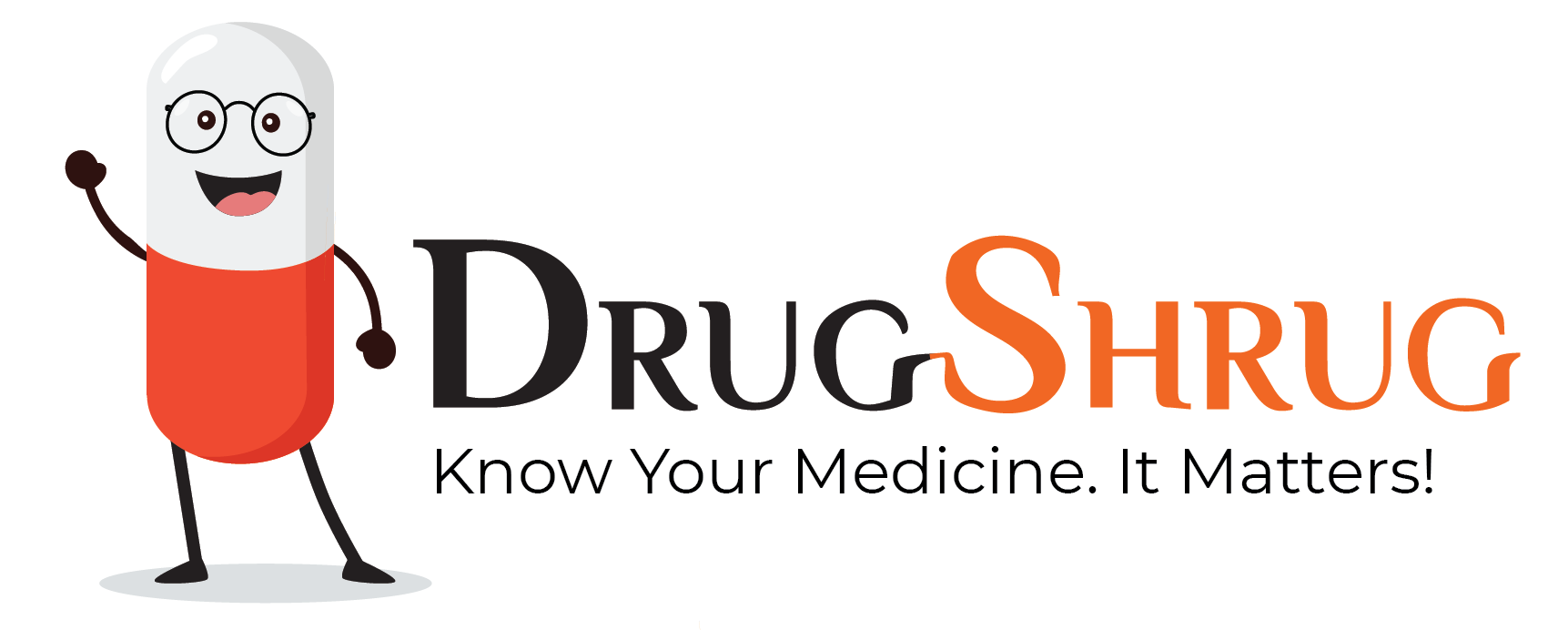Everyone is well acquainted with pills, syrups, solutions, narcotics antibiotics etc., yet the concept demands deeper illumination. Let us begin with defining as to what actually is a drug? Drugs are chemical or biological substances that have therapeutic properties. They are able to affect our body and its functioning. For example, antibiotics, antipyretics, anti- fungal and so on. Drugs are limited in their scope solely to treatment of illnesses from the perspective of the general population. However, they are employed in diagnosis and prevention of diseases as well.
Vaccines are used in preclusion of viruses and other pathogens is one such instance to mention herein. Some drugs, although are widely abused out of their relevant context and usage, such as Narcotics, Morphine, Nicotine etc. These drugs are called Recreational Drugs that are arbitrarily chosen by people for unnecessary mania and intoxication. It is puzzling when our curiosity fixes onto an intriguing question: How does the tiny pill find its way to the site of pain?
How drug works in our body?
Drug is a chemical or natural substance that enters into our bloodstream. The process is known as drug absorption. The tablet disintegrates to release the drug which is completed either slowly or speedily. For any drug to be effective, they are formulated in a way that they quickly discharge the drug at the desired speed. They are designed technically into tablets, capsules, transdermal patches, solutions, syrups etc. In case, the process is gradual the drug simply passes out of the body.
The level of absorption of the drug into the bloodstream, however, depends on two factors:
1. Physiology of the person
It includes aspects like pH levels of stomach, time of gastric emptying, diseased state, blood flow through GIT, age etc. These are patient- related factors which influence the manner and extent of drug absorption.
2. Properties of Drug
Internal attributes of the chemical are also a major determinant in the process of drug absorption.
Some of these properties are:
- Dissolution rate
- Practical size and effective surface area of drug
- Nature of drug, i.e., hydrophobic or hydrophilic
- Drug stability
After absorption, drugs reach our liver, wherein they come in contact with special enzymes and react to serve the purpose. They can inhibit or destroy the pathogens interfering with our normal functions of our body.
Do all the drugs causes side effects?
All drugs come with their list of unwanted side- effects spanning from mild to severe in their intensity. For example, various antibiotics are known to cause allergic reactions. Skin rashes is one of the most common side- effect of drugs, though it can even be caused due to illness of a person. Drugs are simply chemicals that are administered to alleviate certain irritable symptoms of an illness, but they may deviate in their working in some instances. Thus, we face different allergic reactions, skin problems or other bodily issues.
Another mal- effect of the drug is manifested in its potential of dependence, misuse, and abuse. Fascinatingly, some pharmaceutical firms have allegedly claimed of manufacturing drugs with zero side- effects. These drugs are mainly utilized diabetes type- II treatment plan. However, almost all the drugs across the globe hold some reactions and side- effects.
Why you should not take any drug without consultation from a qualified doctor?
Health is a critical topic and any mishandling of our body may result in terrible costs to recompense. However, the majority of the population is fixated upon painkillers and other drugs as their immediate resort. The instant we experience any pain or fever, instead of visiting the physician, our instinctive response is to prescribe medicines to ourselves. Though it may sometimes work but side- effects and other latent harms from the pills may paralyse our health eventually. Thus, it is imperative to discuss the problem with your doctor while drugs prescription has to be administered closely. In case the prescribed medicine poses any adverse results, appointment with the physician should not be delayed at all.
Do OTC drugs cause any harm?
OTC Drugs expand to Over-the-Counter drugs. These are also called non- prescription drugs as they can be retailed legally at any pharmacy without prescription. OTC drugs are benign and effective for use by the general public. Examples of OTC drugs include, Vicks, Acetaminophen, Crocin, Ibuprofen, Brufen, Combiflam etc. Although these drugs are safe, yet precautions are to be considered in their supervision. In the case of certain OTC’s such as birth control pill [MALA- D] additional care is essential.
Before taking any OTC carefully read the directions and dosages and discontinue the use if it causes any problem. OTCs are safe but not completely risk- free. They are risky if you are taking it in combination with some other drug. It can also counteract when taken with dietary supplements. In the long run OTCs may incite dependence issues, misuse and abuse of the drug.
Why should you avoid over- dosage of drugs?
“Little is more”, it fits perfectly in the context of medicines and drugs as well. Drugs are modelled in quantities and in a way that they best serve their purpose of eliminating the disease and its symptoms. Taking drugs in measures deviated from their correct amounts, inevitably results in deteriorated health. Over- dosage of drugs manifests itself in various side- effects and reactions.
Bottom Line
Drugs are a phenomenal human invention that one feels immensely grateful for. Antipyretics, antibiotics, analgesics, narcotics, cannabis all signify a range of drugs wherein some are legal and useful while some are illegal and abused widely. Drugs, however, are to be used with proper cautions and care as they may lead to various side- effects. People tend to undermine professional medical advice often which can prove to be fatal at times. Any consistent and serious health conditions should be confabulated with the respective physicians.
Further Reading:


